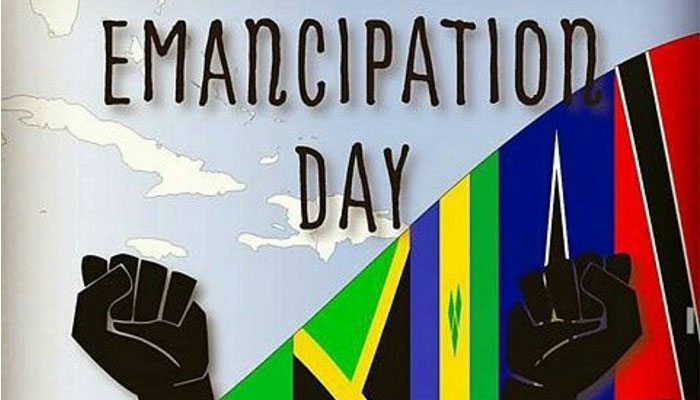Despite Formal Independence, Economic and Cultural Chains Still Bind Many Caribbean Nations
August 1st marks Emancipation Day across many Caribbean nations, a day to commemorate the abolition of slavery in the British Empire in 1834. Celebrations abound, filled with vibrant cultural expressions, historical reenactments, and reflections on the arduous journey towards freedom. Yet, behind the jubilant facade lies a persistent truth: for many Caribbean islands, emancipation remains an incomplete project. While legal shackles are long gone, economic dependency, cultural imperialism, and the lingering psychological effects of slavery continue to cast long shadows.
A Legacy of Chains: From Chattel to Economic Dependence
The formal abolition of slavery was a watershed moment, ending centuries of brutal exploitation. However, it left newly freed people with little to no resources, land, or opportunities. The planter class, compensated handsomely for the loss of their “property,” retained economic and political power. This imbalance laid the foundation for a new form of control, one rooted in economic dependence.
“Emancipation was a necessary, but insufficient, condition for true freedom,” argues Dr. Hilary Beckles, Vice-Chancellor of the University of the West Indies and a leading scholar on Caribbean history. “The freed people were thrown into a world without capital, without access to land, and without the tools to compete effectively. This created a cycle of poverty and dependence that continues to affect the region today.”
Many Caribbean economies remain heavily reliant on tourism and foreign aid, making them vulnerable to external shocks and global economic trends. This dependence limits their ability to pursue independent development strategies and perpetuates a neo-colonial relationship with former imperial powers. According to the World Bank, several Caribbean nations rank among the most indebted countries in the world, further restricting their economic sovereignty.
Cultural Imperialism: The Erosion of Identity
Beyond economic challenges, cultural imperialism poses a significant threat to the true emancipation of Caribbean societies. The dominance of Western media, education systems, and cultural norms often overshadows and marginalizes local traditions and expressions. This can lead to a sense of cultural inferiority and a weakening of national identity.
“We have to actively decolonize our minds,” states Professor Carolyn Cooper, a Jamaican cultural studies scholar. “For too long, we have been taught to value Western culture above our own. Emancipation requires us to reclaim our heritage, celebrate our creativity, and build societies that reflect our unique experiences and aspirations.”
The rise of social media and globalization has further amplified these challenges. While offering opportunities for connection and cultural exchange, they also expose Caribbean youth to a constant stream of Western ideals, potentially undermining their sense of self and belonging.
The Psychological Scars of Slavery: A Legacy of Trauma
The psychological impact of slavery continues to resonate through generations. The trauma of forced labor, family separation, and systemic oppression has left deep scars on the collective psyche of Caribbean societies. Issues such as internalized racism, low self-esteem, and a lack of trust in institutions can be traced back to this historical trauma.
“We cannot ignore the psychological wounds that slavery has inflicted,” explains Dr. Anne Marie Barnes, a clinical psychologist specializing in post-traumatic stress in Caribbean communities. “Healing requires acknowledging the past, addressing the intergenerational trauma, and empowering individuals to reclaim their agency and self-worth.”
Pathways to True Emancipation: A Call to Action
Achieving true emancipation requires a multifaceted approach that addresses the economic, cultural, and psychological legacies of slavery. This includes:
- Economic Diversification: Investing in sustainable industries, promoting entrepreneurship, and reducing dependence on tourism and foreign aid.
- Educational Reform: Decolonizing curricula, promoting critical thinking, and celebrating Caribbean history and culture.
- Cultural Preservation: Supporting local artists, musicians, and cultural organizations, and promoting the use of indigenous languages.
- Reparations: Advocating for reparations from former colonial powers to address the historical injustices of slavery.
- Mental Health Support: Providing access to culturally sensitive mental health services to address intergenerational trauma.


